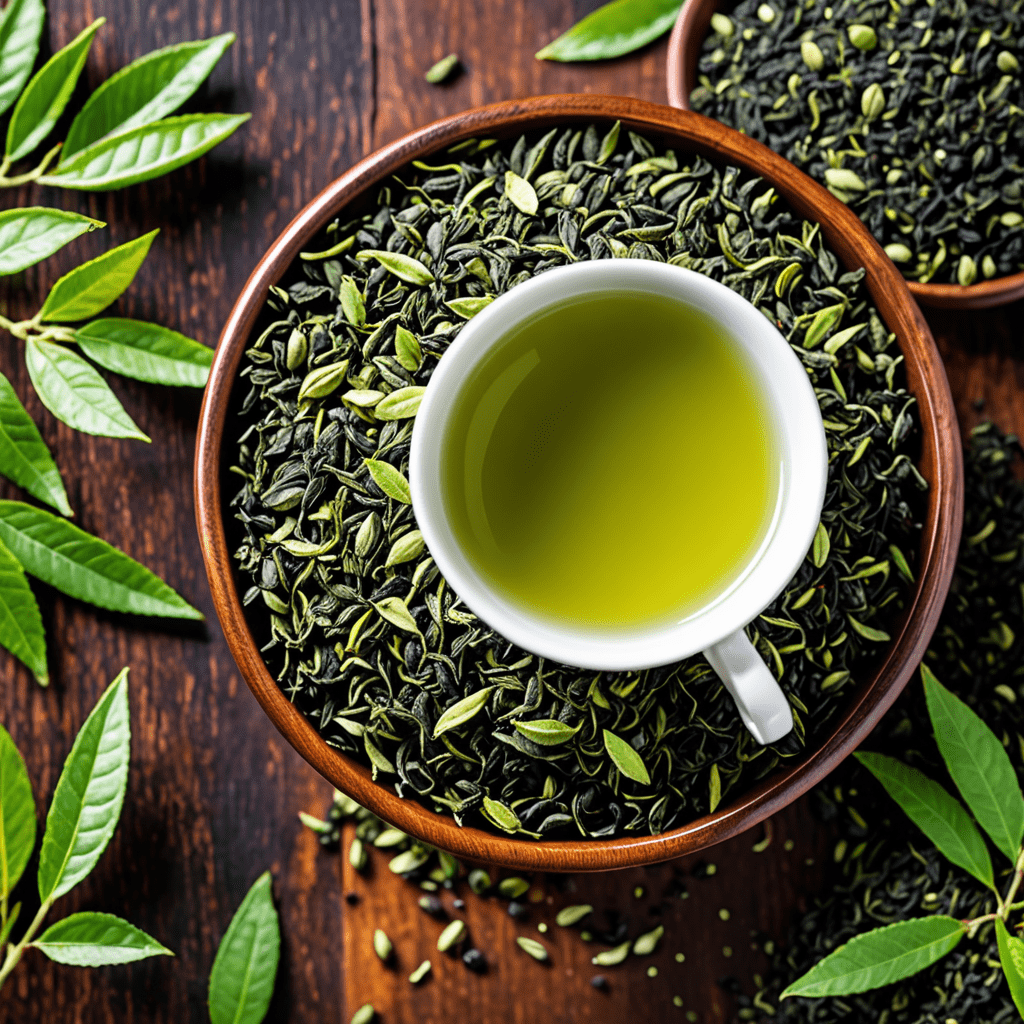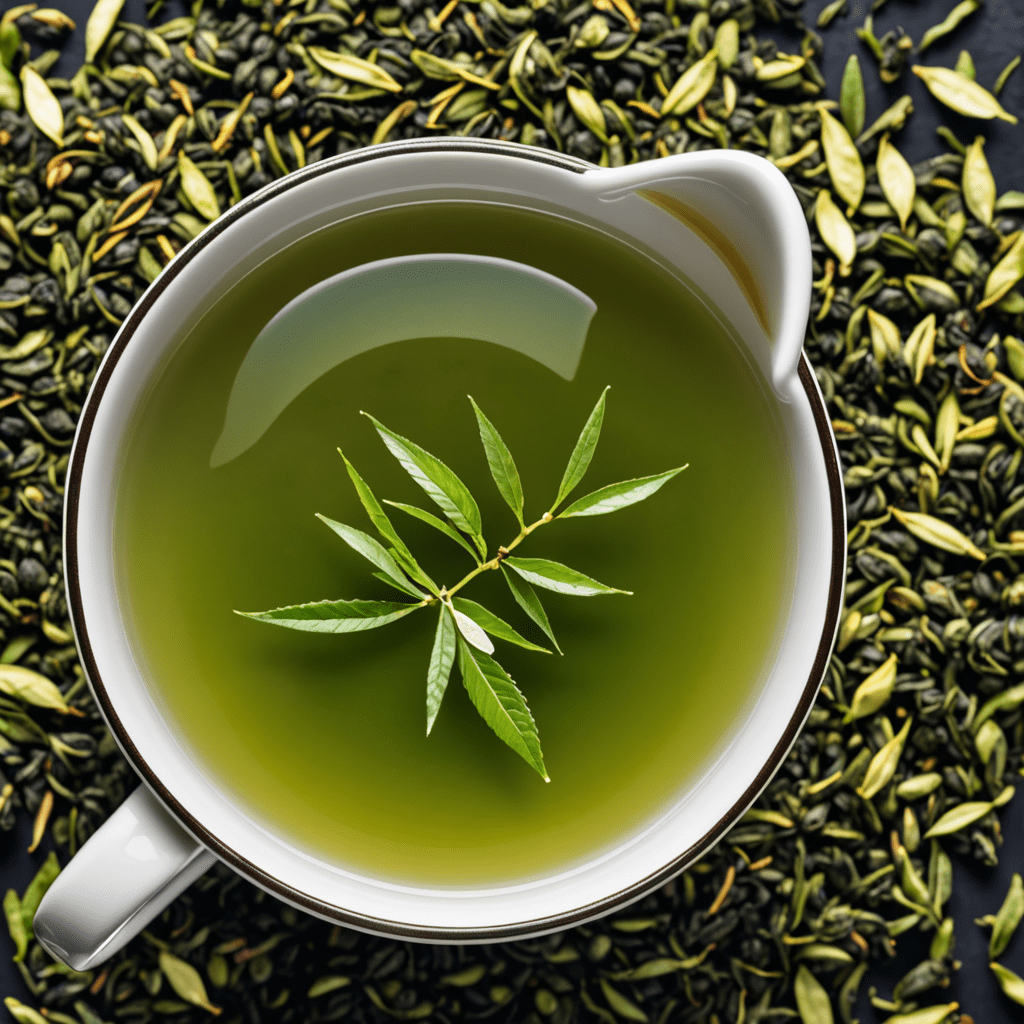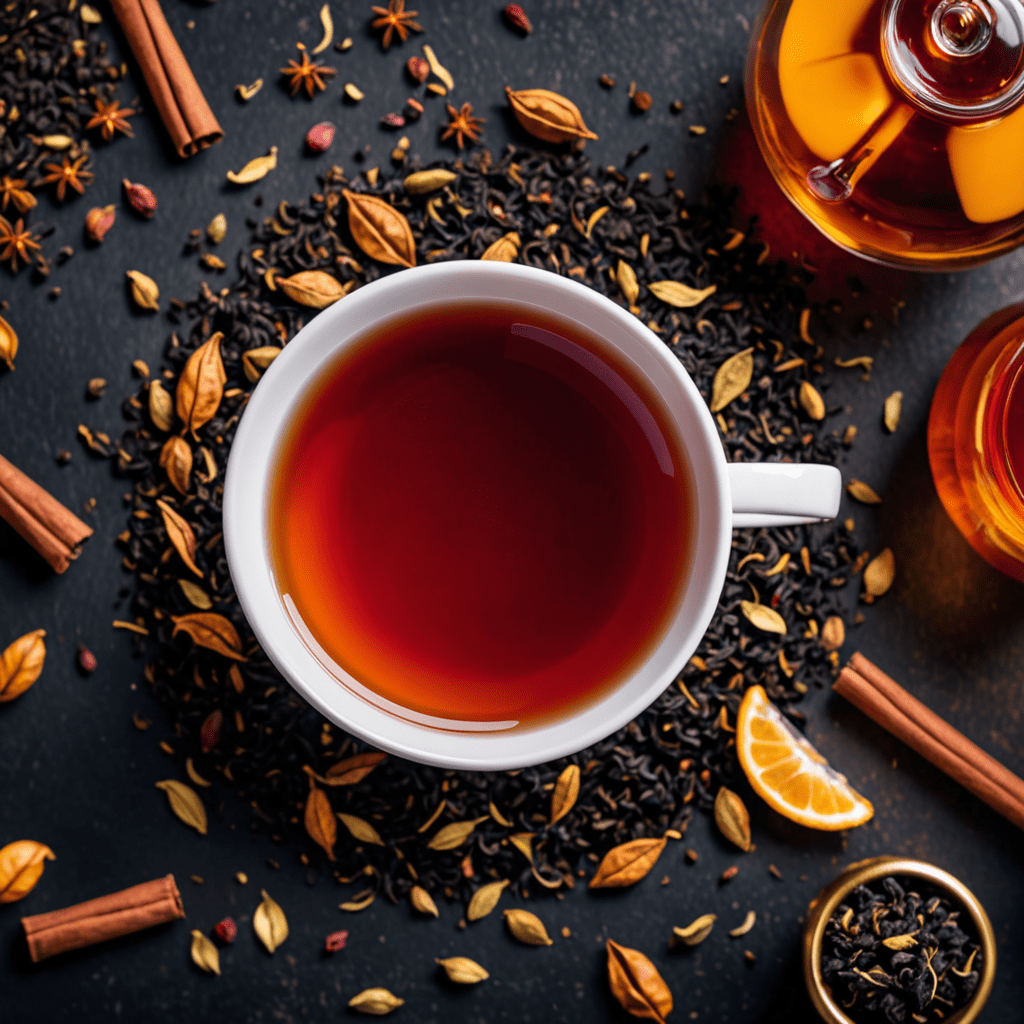The Green Tea with the Highest Caffeine Content
Introduction
Welcome to our blog, where we explore the world of green tea and its caffeine content. In this article, we will uncover the green tea varieties that boast the highest caffeine content, allowing you to choose the perfect energizing beverage for your needs.
The Science Behind Caffeine in Green Tea
Before we dive into the specific green tea types, let’s briefly understand the science behind caffeine in green tea. Caffeine is a natural stimulant found in tea leaves, including green tea. It acts as a central nervous system stimulant, providing temporary alertness and reducing fatigue.
1. Matcha: A Caffeine Powerhouse
If you’re seeking a green tea high in caffeine, look no further than matcha. Matcha is a finely ground powder made from shade-grown green tea leaves. The unique production process amplifies its caffeine content, making it a popular choice for those seeking an energy boost.
2. Gyokuro: A Delicate and Caffeine-Rich Brew
Gyokuro, often referred to as the “king of green tea,” is known for its vibrant green color and complex flavor profile. This shade-grown tea variety also contains a significant amount of caffeine, which enhances its calming yet energizing effects.
3. Sencha: A Classic Choice with Moderate Caffeine
Sencha is one of the most widely consumed green tea varieties in Japan. It offers a balanced flavor and a moderate caffeine content, making it a suitable choice for tea enthusiasts who desire a milder energy boost.
4. Dragon Well (Longjing): An Eminent Chinese Tea
Originating from Hangzhou, China, Dragon Well tea is renowned for its flat, slender leaves and chestnut-like aroma. Although it has a slightly lower caffeine content compared to matcha or gyokuro, it still provides a refreshing lift.
5. Gunpowder: A Full-Bodied Tea with a Kick
Gunpowder green tea, named after its rolled leaf appearance, is known for its smoky flavor and vibrant green color. It contains a moderate level of caffeine, imparting a bold and invigorating experience with every sip.
6. Hojicha: A Roasted Delight with Reduced Caffeine
An roasted green tea from Japan, Hojicha has a unique earthy flavor and, interestingly, a lower caffeine content. This makes it a suitable option for individuals who want to enjoy the flavors of green tea but are sensitive to caffeine.
7. Genmaicha: The Perfect Blend of Tea and Toasted Rice
Genmaicha, also known as “popcorn tea,” combines green tea leaves with toasted rice grains. This unique blend results in a mildly nutty and aromatic tea with a lower caffeine content, making it a great choice for a mellow energy boost.
Frequently Asked Questions
Q: Is green tea with higher caffeine content stronger?
A: While caffeine content does contribute to the energizing effects of green tea, it is not the sole determinant of strength. Factors such as the tea’s flavor profile, brewing method, and personal tolerance to caffeine also play a role in the overall experience.
Q: How can I brew green tea to extract maximum caffeine?
A: To maximize caffeine extraction, use higher water temperatures and longer steeping times. However, keep in mind that longer steeping durations or higher water temperatures can result in a more bitter taste.
Q: Can I reduce the caffeine content of green tea?
A: Yes, you can reduce the caffeine content by opting for decaffeinated green tea or using brewing methods like the “rinse and steep” technique. This involves briefly rinsing the leaves with hot water to remove some caffeine before brewing the tea.
Q: How much caffeine does green tea typically contain?
A: On average, a cup of green tea contains between 30-50 milligrams of caffeine. However, the actual caffeine content can vary depending on factors such as the tea variety, brewing conditions, and individual preferences.
Q: Can green tea provide a healthier alternative to coffee for caffeine consumption?
A: Green tea can be a healthier alternative to coffee due to its lower caffeine content, as well as its rich antioxidant profile and potential health benefits. However, individual sensitivities and preferences may vary.


